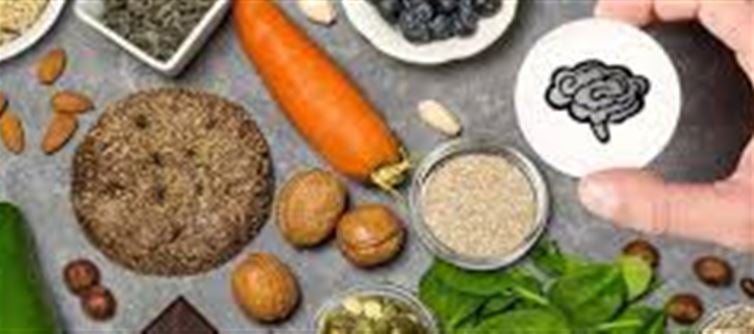
Vitamin B12 plays a crucial role in maintaining energy levels, supporting brain function, and keeping your nervous system healthy. However, many people today suffer from vitamin B12 deficiency, which can lead to symptoms like fatigue, weakness, memory problems, and even mood disturbances. While there are many ways to increase B12 levels, one natural, effective, and delicious method involves consuming a certain fruit in a specific way. Here’s how you can quickly boost your vitamin B12 levels with the help of nature’s gift.
1. **The fruit That Works Wonders: Papaya
While vitamin B12 is predominantly found in animal-based products, there’s one fruit that is surprisingly known to help increase its levels in the body. Papaya is a tropical fruit rich in essential nutrients, and its unique properties may assist in the body’s absorption and utilization of vitamin B12.
Papaya contains an enzyme called papain, which helps with the digestion and absorption of nutrients, including vitamin B12. Additionally, papaya is loaded with antioxidants like vitamin c and beta-carotene, which support overall health and help maintain the body’s vitality. Although it doesn’t contain vitamin B12 directly, papaya helps with the optimal absorption of B12 from other sources.
2. How to Consume Papaya for Maximum vitamin B12 Benefits
To harness the benefits of papaya for boosting vitamin B12 levels, here’s how you should consume it:
· Fresh Papaya: Eating fresh papaya, preferably on an empty stomach in the morning, allows your digestive system to better absorb the fruit's nutrients. Slice it up and enjoy it on its own or combine it with a handful of nuts or seeds for added protein.
· Papaya Smoothie: Blend papaya with a little coconut water or almond milk for a refreshing smoothie. Add a spoonful of chia seeds or flaxseeds to enhance the nutrient profile.
· Papaya with Probiotic Yogurt: Since probiotics can help with vitamin B12 absorption, combine papaya with natural yogurt. This will give you the benefits of probiotics along with the digestive power of papaya.
· Papaya and Lemon Juice: Add a squeeze of fresh lemon juice to your papaya. The vitamin c in lemon enhances the absorption of nutrients, including B12.
3. The vitamin B12 Absorption Boosters
To maximize the impact of papaya on your vitamin B12 absorption, consider pairing it with other B12-rich foods. Foods like eggs, milk, cheese, and fortified cereals are great sources of B12. When consumed together with papaya, the papain enzyme helps break down the nutrients more efficiently, leading to faster absorption and increased effectiveness.
4. Why vitamin B12 Is So Important
Vitamin B12 plays a key role in:
· Energy production: It helps in the production of red blood cells, preventing anemia and fatigue.
· Brain function: B12 supports cognitive health and may help with memory, concentration, and mental clarity.
· Nervous system health: It is vital for the maintenance of healthy nerve cells and can prevent nerve damage.
If left untreated, B12 deficiency can lead to serious health complications, including neurological damage and heart problems, which is why it’s crucial to address it promptly.
5. Conclusion: A Delicious Solution to B12 Deficiency
If you're looking to overcome vitamin B12 deficiency quickly and naturally, consuming papaya can help optimize your body's ability to absorb this essential nutrient. While papaya doesn’t directly provide B12, its digestive enzymes and ability to enhance nutrient absorption make it an excellent choice to complement your diet.
Pair this tropical fruit with other vitamin B12-rich foods, and you’ll soon notice an improvement in your energy levels, mental clarity, and overall well-being. Remember to enjoy papaya fresh for the best results, and consider adding it to your daily routine to keep B12 deficiency at bay!
Disclaimer:
The views and opinions expressed in this article are those of the author and do not necessarily reflect the official policy or position of any agency, organization, employer, or company. All information provided is for general informational purposes only. While every effort has been made to ensure accuracy, we make no representations or warranties of any kind, express or implied, about the completeness, reliability, or suitability of the information contained herein. Readers are advised to verify facts and seek professional advice where necessary. Any reliance placed on such information is strictly at the reader’s own risk..jpg)




 click and follow Indiaherald WhatsApp channel
click and follow Indiaherald WhatsApp channel